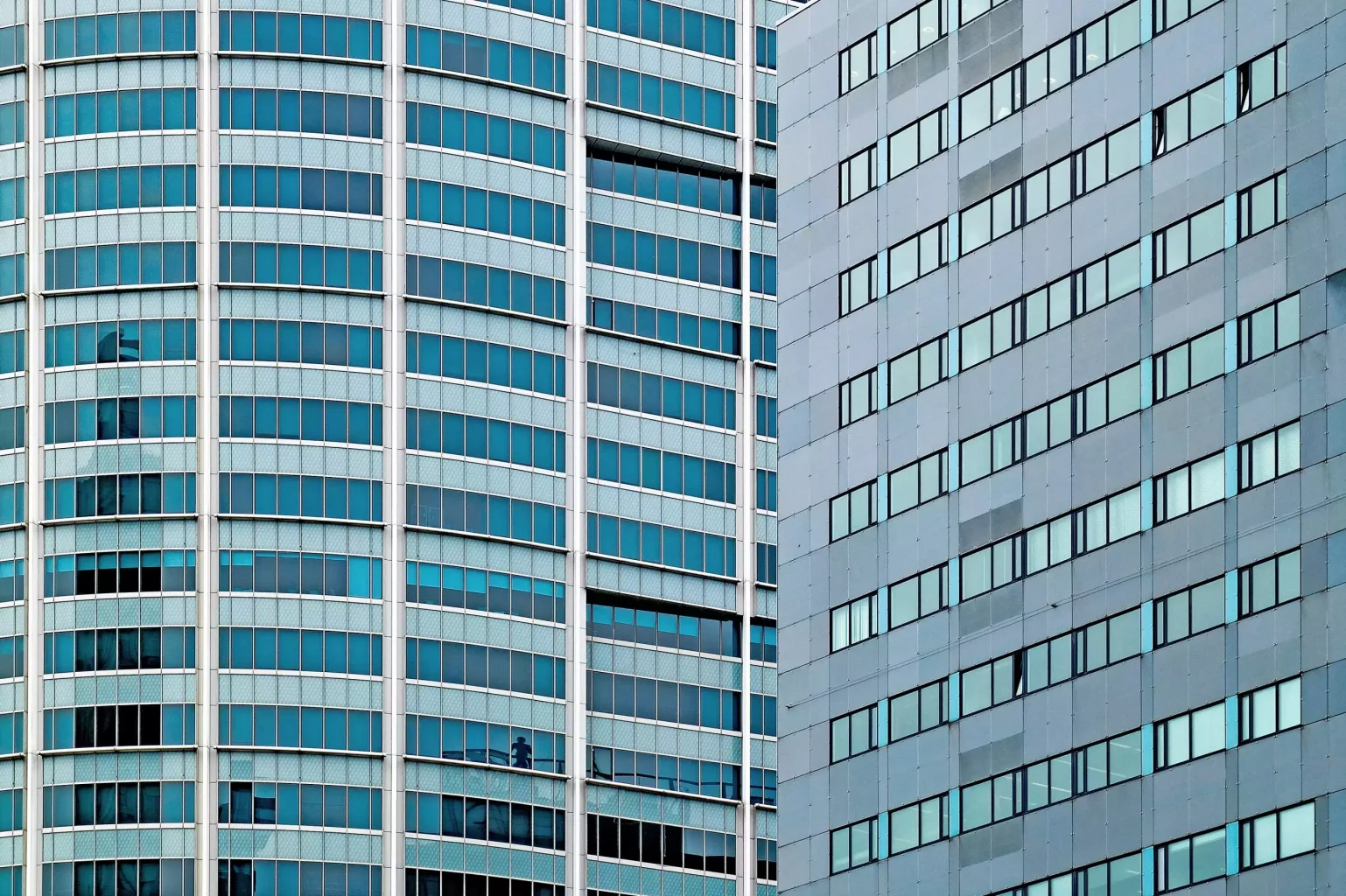Valley Fire Protection
Frequently Asked Questions
Do you have some questions about our fire protection or plumbing services? Take a look at the frequently asked questions below. In case you are still unable to find answers to your questions, feel free to ask our specialists.
Fire Protection FAQs
Why do I need a fire sprinkler system in my building?
Commercial buildings are required by law to have a sprinkler system. Regardless of laws, rules and ordinances, it’s important to have a sprinkler system installed because it will protect your property and the people in your building.
Are fire sprinkler systems effective?
Furthermore, the report found that when activated, sprinklers were effective in controlling the fire 96 percent of the time. When the sprinkler system wasn’t effective, the majority of the time it was because the system had been turned off.
How much does the fire sprinkler system cost?
As a general rule, expect to pay between $1 and $2 per square foot for a new system. For retrofits, the going rate is around $2.50 per square foot.
How do I know my fire sprinkler system will work?
Don’t fire sprinkler systems cause a lot of water damage when activated?
Where residential structures are concerned, local fire departments using large hoses will use an average of nearly 3,000 gallons of water to douse a flame, whereas a residential sprinkler system uses only 340 gallons.
How does fire suppression work?
It depends on your type of system, but with conventional sprinklers, they are made with a bulb filled with liquid that will burst when activated by heat.
Once burst, the water in the lines is allowed to flow freely through the sprinkler. The bulbs are custom built to burst at varying temperatures, from 135 degrees up to 440 degrees.
What determines where and when sprinklers are required?
However, local ordinances will determine what type of structure will require a sprinkler system. These often cover residential buildings, such as nursing homes and apartment buildings, as well as high-rise office buildings
Who decides design and installation procedures for sprinkler system?
The NFPA has established the standard for how a fire sprinkler system will be installed. However, licensed fire protection contractors are tasked with designing and building the system, which will also meet NFPA guidelines.
Your contractor should be experienced in all types of systems and match the right kind with your property / industry.
What is an NFPA standard?
The national standard, which is established with NFPA 13: Standard for Installation of Sprinkler Systems, offers a consistent guide for how fire safety requirements are to be met.
What buildings require fire sprinklers?
For example, all new one and two-family dwellings in California, Maryland and Washington D.C. are required to have a sprinkler system.
In Illinois, local jurisdictions can adopt a building code requirement for sprinklers in new homes, and around 100 communities have adopted such ordinances.
Refer to the NFPA for a list of ordinances in your state, or contact your local government representative.
Why is fire protection in restaurants and commercial kitchens so important?
Most of these operations are equipped with a Class K extinguisher system, which utilizes a process called saponification that is safe to use in grease, fat and oil fires that are common in kitchens.
Plumbing FAQs
How long have you specialized in commercial plumbing?
Can you provide references on other commercial plumbing jobs you have done?
Contact us and we’ll provide you with references in your industry.
What type of materials do you use?
Are there certain products or brands you recommend for a commercial plumbing system?
Do you install tankless water heaters?
What is a pipe video inspection?
My water bill is very high. Could this be a plumbing problem?
You could be losing hundreds of gallons of water because of one leaky faucet. A complete inspection will reveal the problem area(s).
My hot water system has low water pressure. What should I do?
When should I replace my water heater?
If yours begins to leak, call a plumber and have them inspect your water heater because that could be a sign of a failing tank, which could mean it’s time for a replacement.
How long do water heaters last?
However, yours will last longer with regular maintenance, which we provide.
Whose responsibility is the sewer line?
Why is backflow prevention important?
A backflow prevention device will prevent contaminated water from entering your potable water supply.

